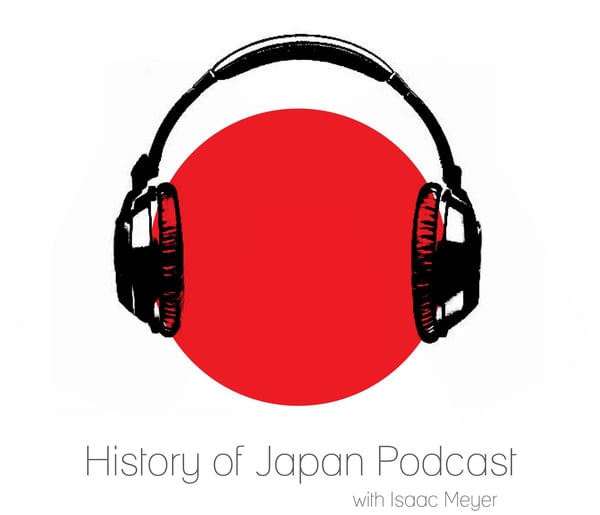Episode 92 - The Dragon and the Rising Sun, Part 2
History of Japan
Isaac Meyer
4.8 • 744 Ratings
🗓️ 7 March 2015
⏱️ 30 minutes
🧾️ Download transcript
Summary
This week, we turn to the life of the father of modern China: Dr. Sun Yat-sen. How did he help turn China from an empire into a modern nation-state, and how did his paths cross with Japanese allies and enemies along the way?
Transcript
Click on a timestamp to play from that location
| 0:00.0 | You can cancel any time and keep the free book, or keep going with one of Audible's subscription offers. |
| 0:05.9 | Go to audibletrial.com slash Japan to claim your offer. |
| 0:10.5 | This week, I'm going to recommend Cultures of War by John Dower. |
| 0:15.3 | Dr. Dower is one of the towering figures of Japanese history, and even when you disagree with him on a point or two, |
| 0:21.1 | it's hard not to be swept away by his knowledge of his subject and his skill at writing. |
| 0:26.3 | This is Dower's magnum opus, in which he attempts to draw together diverse topics |
| 0:31.0 | related to what he sees as the grand themes of modern warfare. |
| 0:35.1 | The result is truly spectacular. |
| 0:41.3 | Go to audibletrial.com slash Japan to try it out for yourself. Hello and welcome to the History of Japan podcast. |
| 1:01.6 | Episode 92, The Dragon and the Rising Sun, Part 2. |
| 1:07.5 | Last week, we set the stage of Chinese history over the course of its last imperial dynasty. |
| 1:13.6 | This week, we're going to move into how that terminally faltering dynasty managed its relationship with its formerly insignificant neighbors in Japan. |
| 1:23.6 | The Japanese perception of China in the decades following the Meiji restoration can be split |
| 1:29.3 | roughly into two viewpoints. |
| 1:32.3 | On the one hand, during the early decades of the Meiji period, the impulse to westernize reigned supreme. |
| 1:39.3 | Everything old was bad, everything new was good. |
| 1:43.3 | China, as the fundamental source of more or less everything |
| 1:46.0 | that was old in Japanese culture, was viewed by some intellectuals as completely backward |
| 1:51.0 | and beyond saving. On the other hand, there were some who viewed China with hope. They noted |
| 1:57.5 | an interest in modernization among the Qing leadership after the Taiping rebellion, |
| 2:02.4 | and believed that China would shortly follow Japan's path in reforming along western lines, |
| 2:07.2 | using their emperor as a rallying point, much as the Japanese emperor had been used. |
... |
Please login to see the full transcript.
Disclaimer: The podcast and artwork embedded on this page are from Isaac Meyer, and are the property of its owner and not affiliated with or endorsed by Tapesearch.
Generated transcripts are the property of Isaac Meyer and are distributed freely under the Fair Use doctrine. Transcripts generated by Tapesearch are not guaranteed to be accurate.
Copyright © Tapesearch 2025.

